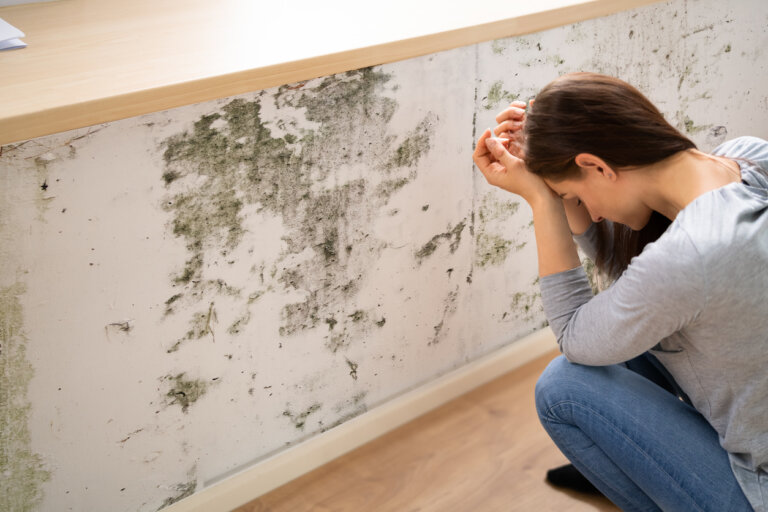In California, landlords have a legal obligation to provide a habitable living environment for their tenants. This obligation is known as the “implied warranty of habitability.” The warranty of habitability requires landlords to maintain rental properties in a safe and livable condition, and failure to do so can result in legal action and potential financial damages.
Under California law, the implied warranty of habitability requires landlords to provide tenants with a rental unit that is fit for human habitation. This means that the rental unit must meet certain basic standards of living, such as having adequate heat, electricity, and plumbing, as well as being free from infestations of pests, rodents, or other vermin. The rental unit must also be free from any dangerous conditions, such as mold or lead-based paint.
In addition to these basic standards, the implied warranty of habitability also requires landlords to maintain common areas, such as hallways and staircases, in a safe and clean condition. Landlords are responsible for ensuring that the common areas are free from hazards, such as loose handrails or broken stairs, that could cause injury to tenants or their guests.
If a landlord fails to meet the requirements of the implied warranty of habitability, tenants have several legal remedies available to them. One option is to withhold rent until the landlord remedies the issue. This is known as “rent withholding” and is only allowed in certain circumstances, such as when the landlord has failed to make necessary repairs after being given written notice of the problem.
Another option for tenants is to repair and deduct. Under California law, tenants have the right to make necessary repairs to their rental unit if the landlord fails to do so. The tenant can then deduct the cost of the repairs from their rent payment, as long as the repairs were necessary to maintain the habitability of the rental unit and the cost of the repairs is reasonable.
If a tenant is unable to withhold rent or repair and deduct, they may be able to seek legal action against their landlord. This can include filing a lawsuit for breach of the implied warranty of habitability, seeking an injunction to require the landlord to make necessary repairs, or filing a complaint with the local housing authority.
In addition to these legal remedies, tenants may also be entitled to financial damages if they have suffered harm as a result of the landlord’s failure to maintain the rental unit in a habitable condition. This can include damages for the cost of repairing damage caused by a lack of maintenance, as well as compensation for any medical expenses incurred as a result of living in an unsafe or unsanitary rental unit.
It is important for tenants to understand their rights under the implied warranty of habitability and to take action if their landlord is not meeting their legal obligations. Tenants should document any issues with their rental unit, such as taking photographs or videos of any hazards or dangerous conditions, and should communicate with their landlord in writing to ensure that there is a record of any complaints or requests for repairs.
Landlords in California should also be aware of their obligations under the implied warranty of habitability and should take steps to maintain their rental properties in a safe and habitable condition. This includes conducting regular maintenance and repairs, as well as responding promptly to tenant complaints or requests for repairs.
In conclusion, the implied warranty of habitability is an important legal protection for tenants in California. Landlords have a legal obligation to maintain their rental properties in a safe and livable condition, and failure to do so can result in legal action and potential financial damages. Tenants should be aware of their rights under the implied warranty of habitability and should take action if their landlord is not meeting their legal obligations. Landlords should also be aware of their responsibilities and should take steps to ensure that their rental properties are safe and habitable for their tenants. Call us today to learn more.


